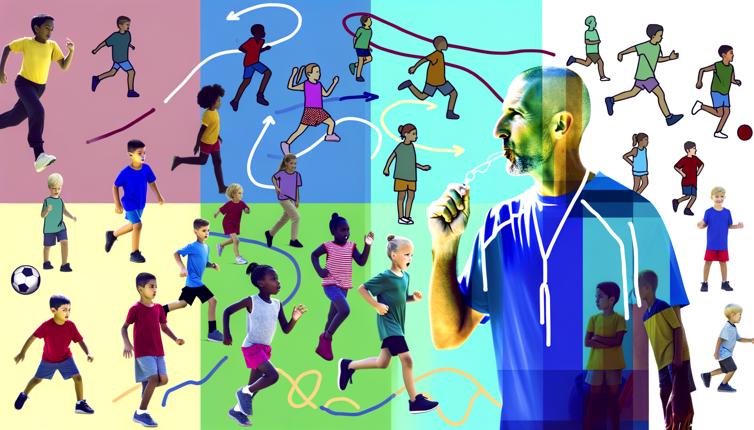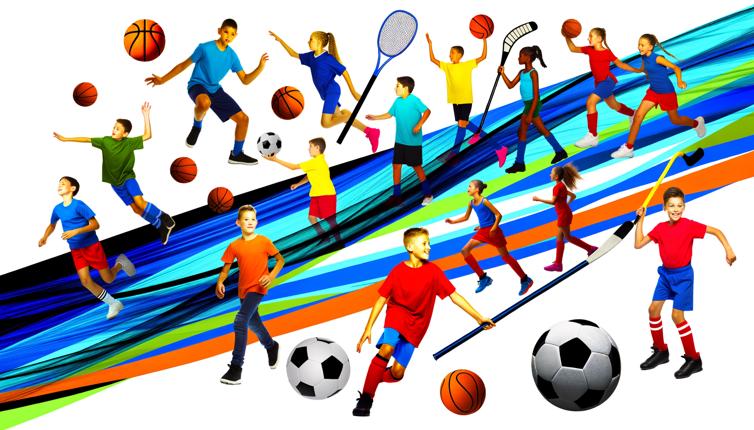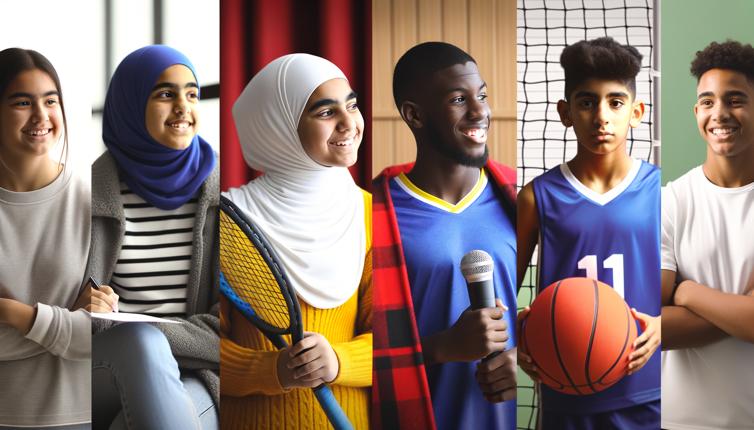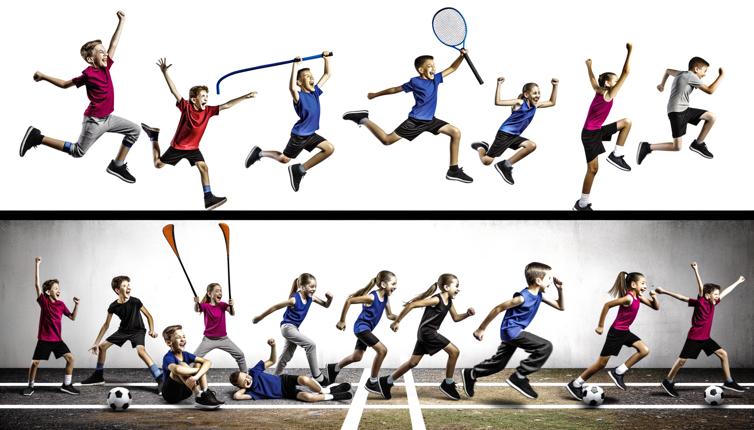Understanding Your Child's Needs
The first step in choosing the right coach is to understand your child's needs and goals. Talk to your child about what they want to achieve in their sport and what kind of coaching style they prefer.,Consider factors such as your child's skill level, personality, and commitment to the sport. Some children may thrive with a more intense and competitive coach, while others may prefer a coach who focuses on fun and participation.,It's also important to consider any specific needs or challenges your child may have. For example, if your child has a disability or special needs, you may need to find a coach who has experience working with children with similar challenges.,By understanding your child's needs, you can better assess potential coaches and find someone who will be a good fit.
Researching Potential Coaches
Once you have a clear understanding of your child's needs, start researching potential coaches. Talk to other parents, ask for recommendations from your child's school or sports league, and search online for reviews or information about local coaches.,Look for coaches who have experience working with children of your child's age group and skill level. It's also important to consider the coach's qualifications and certifications. For example, some sports have specific coaching certifications for youth coaches.,Consider reaching out to potential coaches to ask about their coaching philosophy, their experience working with children, and their expectations for both the players and parents. This can give you a better sense of whether they align with your child's needs and goals.,Don't be afraid to ask for references or speak to other parents who have worked with the coach in the past. Their experiences and feedback can provide valuable insights into the coach's coaching style and effectiveness.
Observing Coaching Sessions
Before making a final decision, try to observe a few coaching sessions conducted by potential coaches. This will give you a firsthand look at how they interact with the children, their coaching style, and their ability to communicate and motivate the players.,Pay attention to how the coach manages the team dynamics, addresses individual player needs, and provides constructive feedback. A good coach should create a positive and supportive environment for the players, while also challenging and pushing them to improve.,Observe how the coach handles both winning and losing situations. A coach who emphasizes sportsmanship, fair play, and the importance of effort and improvement is usually a good fit for young athletes.,Take note of how the players respond to the coach's instructions and coaching methods. If the players seem engaged, enthusiastic, and motivated, it's a good sign that the coach is effective in their role.
Communication and Relationship Building
Lastly, consider the coach's communication and relationship-building skills. A good coach should be able to communicate effectively with both the players and the parents, keeping everyone informed and involved in the team's progress.,Choose a coach who is approachable, open to feedback, and willing to listen to both the players and the parents. They should be able to build trust and rapport with the players, helping them develop both on and off the field.,Additionally, consider the coach's ability to create a positive team culture and promote teamwork and camaraderie. A coach who fosters a sense of belonging and unity among the players can contribute to a more enjoyable and successful sports experience.,Remember, choosing the right coach for your child's youth sports team is a decision that can have a lasting impact on their athletic development and overall experience. Take the time to carefully consider your options and involve your child in the decision-making process.
Conclusion
By understanding your child's needs, researching potential coaches, observing coaching sessions, and considering communication and relationship-building skills, you can choose the right coach for your child's youth sports team. A good coach can make a positive difference in your child's sports experience and help them develop both athletically and personally.









